Here are some of the top health benefits of watermelon:
Helps the body stay hydrated
Staying hydrated is important for your body to function properly. Eating foods with a high water content can help give your body the water it needs to function properly. Watermelon is mostly water, so it can be a good choice for daily hydration.
Also because it contains mostly water, this fruit contains very few calories, helping to control weight.
Watermelon has many health benefits (Illustration: Istock).
Rich in nutrients and beneficial plant compounds
According to Healthline , watermelon is packed with nutrients, including potassium, magnesium, and vitamins A and C. Watermelon is also relatively low in calories.
It's also a rich source of citrulline, an amino acid that may improve exercise performance.
Additionally, this fruit is loaded with antioxidants, including vitamin C, carotenoids, lycopene, and cucurbitacin E, all of which have health benefits.
These compounds help fight free radicals, which are unstable molecules that can damage cells if they build up in the body. Over time, this damage can lead to conditions like diabetes, heart disease, and cancer.
May have anti-cancer effects
Several plant compounds found in watermelon, including lycopene and cucurbitacin E, are thought to have anti-cancer potential.
Although research results are mixed, lycopene intake may be linked to a lower risk of certain cancers, such as prostate and colorectal cancer.
In addition, cucurbitacin E can inhibit tumor growth by promoting the body's process of destroying and eliminating cancer cells.
However, more human studies are needed.
May improve heart health
Several nutrients in watermelon may support heart health.
Heart disease is the leading cause of death worldwide . Lifestyle factors, including the foods you eat, can reduce your risk of heart attack and stroke by lowering your blood pressure and cholesterol levels.
Research shows that lycopene can help lower cholesterol and blood pressure, both of which are important for heart health. Watermelon also contains citrulline, an amino acid that can increase nitric oxide levels in the body and help blood vessels dilate to lower blood pressure.
Other vitamins and minerals in watermelon include magnesium, potassium, and vitamins A, B6, and C, which are all good for health, especially the heart.
May reduce inflammation and oxidative stress
Inflammation is a major cause of many chronic diseases. The combination of antioxidants, lycopene, and vitamin C in watermelon helps reduce inflammation and oxidative damage.
As an antioxidant, lycopene may also slow the onset and progression of Alzheimer's disease. But more research is needed on this topic.
Benefits for bones and joints
This is partly related to its effects on inflammation in the body. The fruit contains a natural pigment called beta-cryptoxanthin, which may protect joints from inflammation. Research has even shown that over time, less inflammation can help protect you from conditions like osteoporosis or rheumatoid arthritis.
May help prevent macular degeneration
The lycopene compound in watermelon may benefit the eyes.
Age-related macular degeneration (AMD) is a common eye condition that can cause blindness in older adults. Lycopene acts as an antioxidant and anti-inflammatory compound that may help prevent and inhibit AMD, although research is limited.
May relieve muscle aches
Citrulline, an amino acid found in watermelon, is said to help improve exercise performance and reduce muscle soreness.
What's more, some evidence suggests that watermelon itself — not just citrulline — may help the body after exercise.
May support skin health
Vitamins A and C found in watermelon are important for skin health. Vitamin C—when eaten or applied topically—helps the body make collagen, a protein that keeps skin supple and hair strong.
Higher intakes of vitamin C from foods or supplements may reduce the risk of wrinkles and dry skin.
Vitamin A is also important for healthy skin because it helps produce and repair skin cells.
Digestive support
Watermelon contains a lot of water and a small amount of fiber, both of which are essential for healthy digestion. Fiber helps maintain regular bowel movements, while water helps waste move through the digestive tract more efficiently.
Source: https://dantri.com.vn/suc-khoe/10-loi-ich-it-ai-biet-cua-dua-hau-20250624081206270.htm



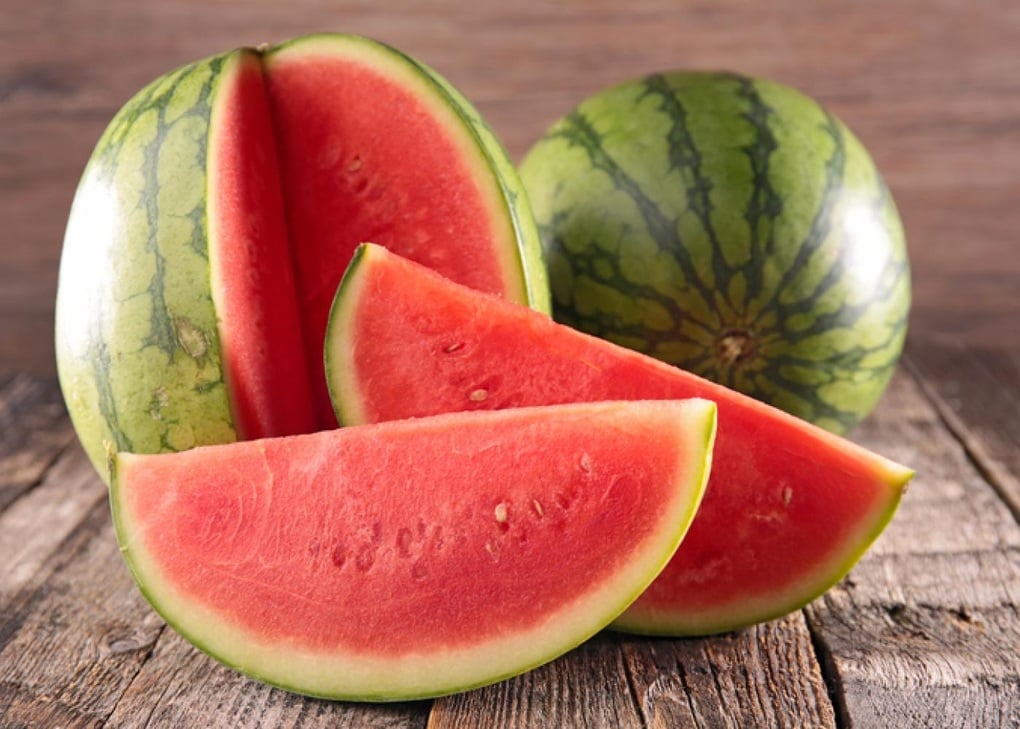




![[Photo] General Secretary To Lam attends the 80th anniversary of Vietnam's diplomacy](https://vphoto.vietnam.vn/thumb/1200x675/vietnam/resource/IMAGE/2025/8/25/3dc715efdbf74937b6fe8072bac5cb30)



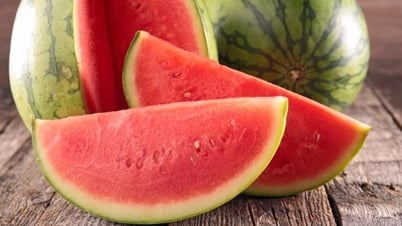


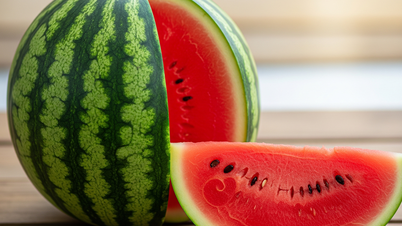



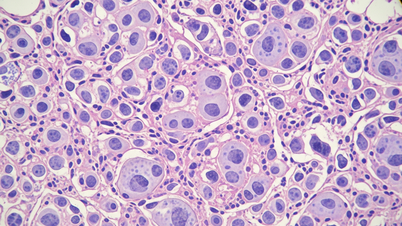





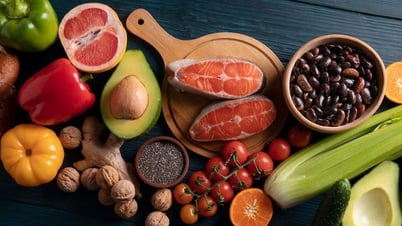

















































































Comment (0)